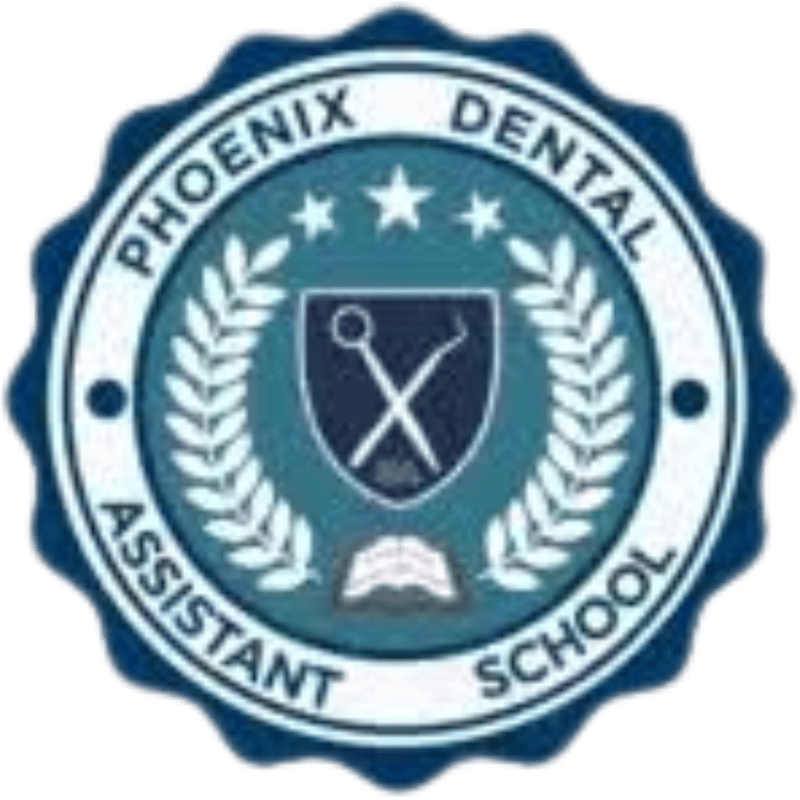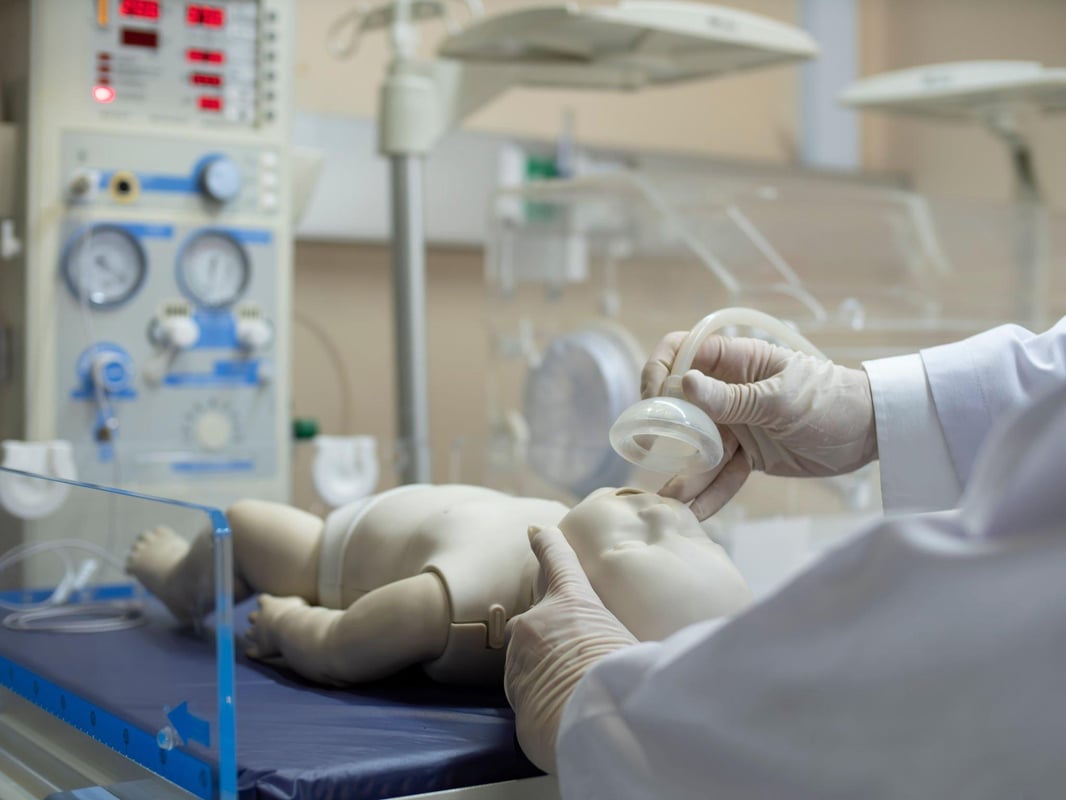
Financial aid (may be available)

Financial aid (may be available)

$450 to start
$3,650 total

$191 to start
$2,200 total
$276 total
$2,075 total
$270 total
$410 total
$365 total
$150 total
No cost info
$285 total
$150 total
No cost info
Are you seeking a career in the medical field, or perhaps you're already a healthcare professional looking to expand your skills? One way to advance your career is through Pediatric Advanced Life Support (PALS) certification. This blog post will guide you through what PALS is, the training requirements, what to look for in a class, and what to expect from day-to-day classes. We'll also discuss the certification process, how to find related jobs, and what other classes you can take after becoming PALS certified.

Pediatric Advanced Life Support (PALS) is a program developed by the American Heart Association (AHA) that focuses on advanced lifesaving procedures and techniques for children and infants. This program is designed for healthcare professionals who either direct or participate in the management of respiratory and/or cardiovascular emergencies and cardiopulmonary arrest in pediatric patients.
For most PALS classes, you need to have a basic understanding of medical terminology and concepts. Some prerequisites may include:
Basic Life Support (BLS) certification
A working knowledge of ECG rhythm interpretation
Familiarity with pediatric pharmacology
When considering a PALS class, there are several factors to consider. These may include:
AHA Accreditation: Make sure the program is accredited by the American Heart Association (AHA). This ensures that the program follows the established standards and guidelines for PALS training.
Experienced Instructors: Look for classes taught by experienced healthcare professionals. They can offer real-world insights and advice.
Hands-on Training: A good PALS course should offer plenty of hands-on training. This allows you to practice and apply what you learn in a controlled environment.
In a PALS class, you can expect a blend of didactic instruction, discussion, and hands-on skills practice. Specific topics covered typically include:
Pediatric emergency assessment
Basic life support skills
Effective resuscitation
Team dynamics
The PALS certification process typically involves a two-day course, at the end of which you'll need to pass a written exam and a hands-on skills test. Upon successful completion, you'll receive a PALS Provider Course Completion Card, which is valid for two years.
Once you've obtained your PALS certification, you can apply for jobs that require this certification. These include roles in emergency departments, intensive care units, and other medical facilities that provide emergency care for children. You can find these job listings on various job search platforms or through a platform like Dreambound, which specializes in vocational training programs.
After obtaining your PALS certification, you can further enhance your skills and employability by pursuing additional certifications. Consider the following:
Advanced Cardiac Life Support (ACLS): This is a more advanced course that focuses on adult emergencies.
Neonatal Resuscitation Program (NRP): This certification is designed for healthcare professionals involved in the delivery and care of newborns.
In the constantly evolving field of healthcare, continuous learning is crucial. Even after obtaining your PALS certification, it's important to keep up with the latest developments and guidelines in pediatric emergency care.
Networking can play a crucial role in your career advancement. By attending professional events and joining relevant organizations, you can meet other healthcare professionals, learn from their experiences, and even find job opportunities.
Remember, your PALS certification is valid for two years. As the expiration date approaches, you'll need to take a PALS recertification course to renew your credentials.
Job searching can be challenging, but having a clear strategy can make the process easier. Consider using job search platforms that cater specifically to healthcare professionals to find opportunities suited to your skills and certification.
Becoming PALS certified is a significant step towards enhancing your skills as a healthcare professional. By choosing the right PALS class, keeping up with continuous learning, and utilizing resources like Dreambound, you can navigate your career path in the dynamic field of healthcare. Whether you're in Phoenix or any other city, opportunities for PALS classes and related jobs abound.
For more insights on pursuing a career in healthcare, you can check out articles such as How to Become a Certified Medication Aide in Arizona, How to Become a Phlebotomist in Arizona, How to Become a Medical Biller and Coder in Arizona. Remember, continuous learning is the key to career advancement in the healthcare field.
Navigate the certification journey in this field with Dreambound's detailed guides, each crafted for various cities. For a deeper understanding of the process in other states, our additional guides may be able to help.
Pondering a shift in your career path or exploring different professional avenues? Dreambound has created detailed guides to support you in making informed decisions:
Dreambound's platform allows prospective students to find the right educational program for them through searching, filtering, and connecting with our extensive selection of career & technical education partners.
Dreambound has over 70 programs across healthcare, technology, business, and industrial trades. This includes programs such as Medical Billing, Cybersecurity, and welding.
Some of our schools offer financial aid for those who qualify. Many others offer payment plans, where you can pay the cost of class over time.
Yes, Dreambound offers many online programs. On Dreambound's search, you can filter by online, in-person, and hybrid (part online, part in-person).
Dreambound is completely free for you to use! We are supported by schools and organizations who pay to advertise on our website, so we can offer all of our career resources for free.